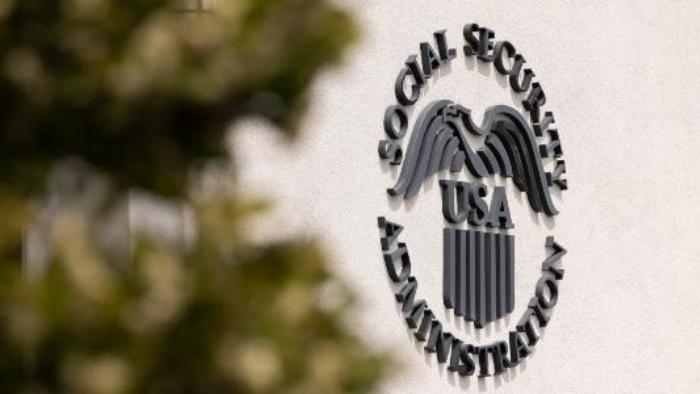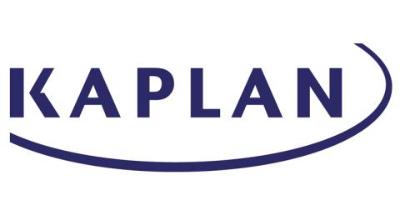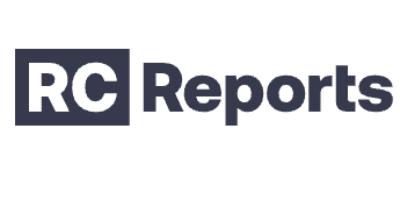Three ways COVID-19 and working from home are changing audit practices

So many things have already changed in 2020. The way children go to school, the way we shop for groceries, the way we vote: all of those habits we used to take for granted had to evolve. It is no surprise that the way we perform audits this year is also undergoing a transformation.
First, this year, interactions with clients are seldom in person and that can be a challenge. Developing true relationships with clients without meeting face to face is no easy task. Discussing tough audit issues on the phone, even with video, is simply not the same as during an in-person meeting. And those more relaxed moments partners and managers spent over drinks or dinner with the CFO or the controller are difficult to replace. They used to provide a more personal connection; COVID-19 has now made those moments a thing of the past, at least for 2020. While building relationships requires a more thoughtful and intentional approach, there are still ways to show that you care and demonstrate your value.
Second, audit teams are also working remotely. Onboarding new hires, training them, and preserving your firm’s culture are all key to the success of your team and all easier to do in person. Building a well-functioning team and adequately supervising the audit work is also a lot easier when everybody can meet in the same room. This may be possible in the future, but this may no longer happen as often as it used to. With the right tools, audits can now be performed from anywhere. This is something 2020 has demonstrated, even if it hasn’t been without bumps. Of course, the safe trading and storing of client sensitive or confidential information is paramount. Cybersecurity must be at the forefront of an audit firm’s priorities this year. Some audit procedures also had to evolve. Physical inventory counts and fraud inquiries, for instance, caught the attention of audit regulators and new audit procedures can now be implemented to replace the physical or in-person ones auditors were used to performing.
Third, clients themselves are likely working from home this year. This may mean that some of their own procedures and internal controls may have changed. Auditors have to assess how this changes their audit risks and how to adjust their audit. Testing the existence and effectiveness of new internal controls may have to be on the audit program this year.
These are only a few ways auditors may have to change their working habits in 2020 to respond to the pandemic and the resulting new ways of working. Only time will tell if some of these changes become permanent, but we may well see some best practices emerge this upcoming audit season.
Want more information on what’s to come for audit in 2021? Join Thomson Reuters editorial expert Anne-Lise Dorry and Influencer Tom Hood, CPA, as we share predictions for the upcoming audit season and guidance on how to prepare during a free CPE Webcast on December 8, 2020.
Reserve your spot todayShare This Article
What's Trending?
Trending topics & tools for the CPA community
How Firms are Rethinking Reasonable Comp (Quick Video)
It’s a short video and makes the value of repeatable, data-backed approach clear (especially compared to spreadsheets, gut checks and one-off calculations).
Learn how 8am CPACharge delivers clarity and confidence for accounting firms.
8am™ CPACharge brings invoices, payments, and reconciliation together in a solution designed to make your day easier from start to finish.
Seniors on Social Security Could Face $460 Monthly Cut to Benefits
Jim Komoroski, RSSA®, is quoted in Newsweek, offering expert insight into the projected monthly cuts to Social Security benefits should Congress fail to act.
Resources
Valuable information provided by our sponsors.
Specialize in Social Security
Looking to enhance your retirement planning expertise? Your solution: pursue the Registered Social Security Analyst®...
CPAdirectory members have access to discounted auto and home insurance
At CPAdirectory, we think it's a good thing to provide our members with access to...
Free CPE Course: ChatGPT for Tax Pros — Limited Offer
CPAdirectory and CCH CPELink are giving you free access to the on-demand course: ChatGPT for...
PE Deals In Accounting: Valuations, Structure, Tradeoffs
In this webinar, you’ll hear from firm leaders and industry experts who will share real-world...
Stand Out as a Trusted Social Security Expert with the RSSA® Designation
Designed for CPAs, the Registered Social Security Analyst® (RSSA®) designation provides advanced training to help...
How Firms are Rethinking Reasonable Comp (Quick Video)
It’s a short video and makes the value of repeatable, data-backed approach clear (especially compared...












